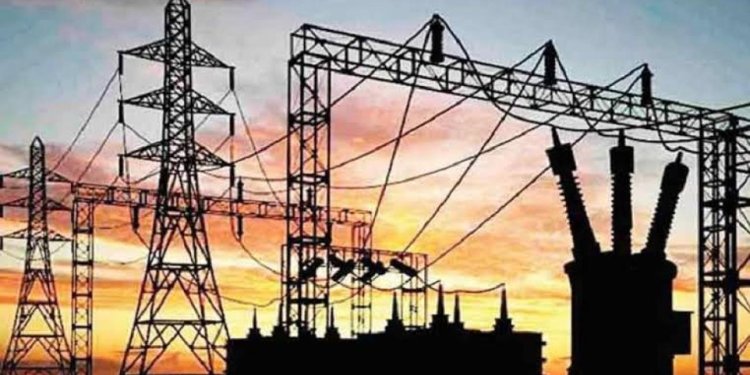UNILAG and YABATECH Face Challenges Over Rising Electricity Bills
The University of Lagos (UNILAG) and Yaba College of Technology (YABATECH) are facing significant challenges due to skyrocketing electricity bills.

The University of Lagos (UNILAG) has recently been disconnected from its electricity supply due to an outstanding debt exceeding one billion Naira, resulting from a monthly bill of 300 million Naira. Similarly, Yaba College of Technology (YABATECH) has been grappling with exorbitant electricity charges that have remained unresolved for over five months.
Sources reveal that both institutions have seen significant increases in their electricity tariffs following a reclassification by the Eko Distribution Company (EKEDC). Earlier this year, UNILAG was moved from Band B to Band A, while YABATECH transitioned from Band C to Band B. As a result, UNILAG’s electricity bill surged from 180 million Naira to 300 million Naira monthly, while YABATECH's costs rose from approximately 15 million Naira to an estimated 25 million Naira.
This drastic increase in electricity costs has severely impacted both institutions' budgets, making it increasingly difficult for them to meet their financial obligations. Adekunle Adams, the Public Relations Officer for YABATECH, confirmed that the college has resorted to using generating sets to supply power, leading to higher diesel expenses.
Adejoke Alaga-Ibraheem, the Director of Communications at UNILAG, expressed concerns about the university's capacity to manage these elevated bills, especially since the transition to Band A occurred without prior consultation with the institution.
In response to these challenges, the federal government has pledged to subsidize electricity for universities, but the implementation of this promise has yet to commence. Educationist Michael Omisore emphasized the critical funding issues facing public universities, stating that the mounting electricity bills reflect broader systemic neglect. He suggested that university management should explore cost-effective power generation methods and consider adopting environmentally friendly solutions.
Omisore further criticized the ethical implications of transferring the financial burden to students through increased fees, urging the private sector to provide support in powering educational institutions.

 Chris Oyeoku Okafor
Chris Oyeoku Okafor 



